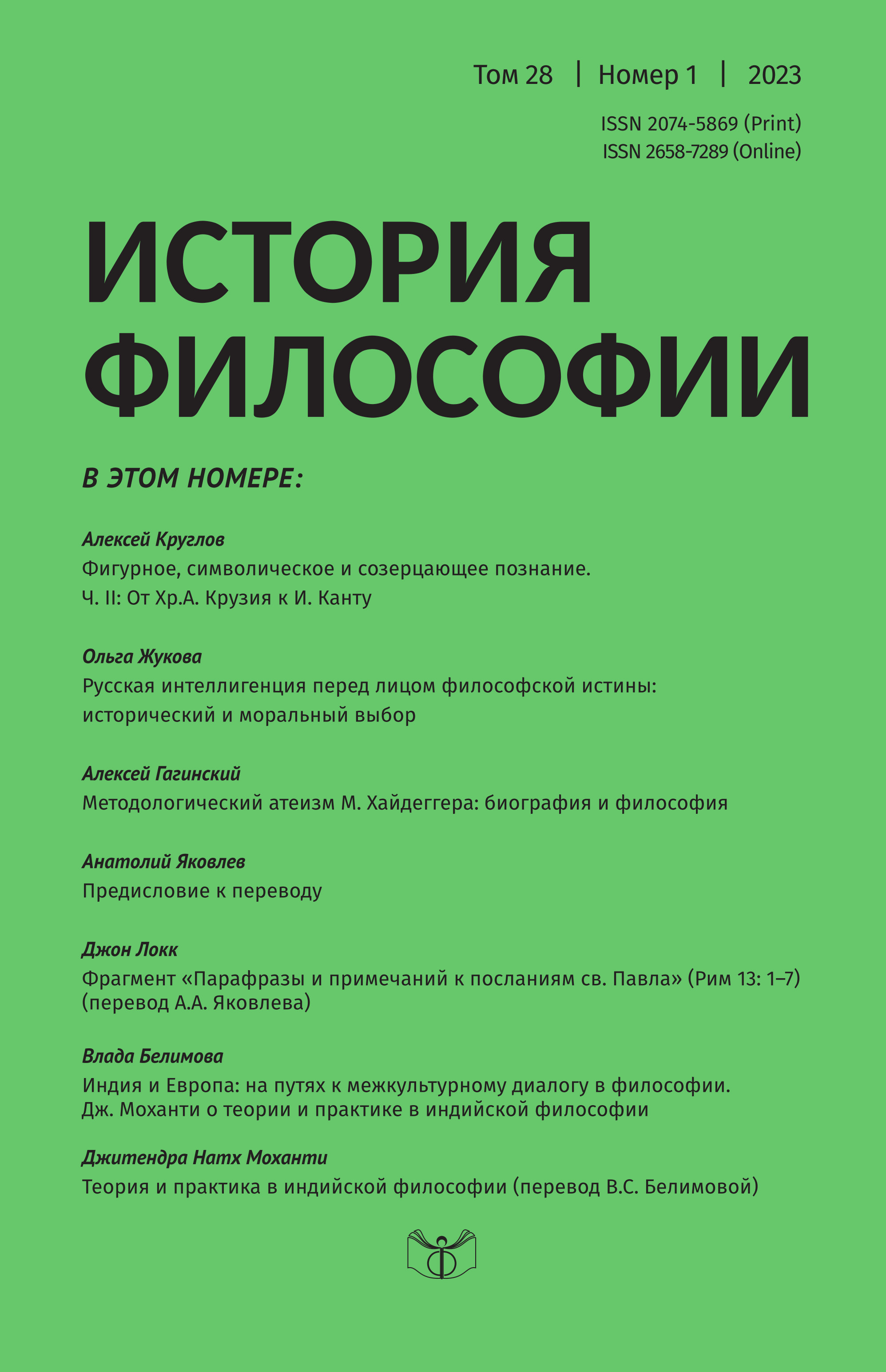The Role of Eudaimonism in Spinoza’s Moral Theory
Keywords:
Benedict Spinoza, Ethics, eudaimonism, happiness, the highest good, moral naturalism, conatus, virtue, blessednessAbstract
In recent decades, historians of moral philosophy started to pay more attention to Baruch Spinoza, studying the often-neglected ethical dimension of his philosophy. Nevertheless, despite this growing interest, Spinoza is rarely placed in the canon of moral philosophy, and therefore his relation to various traditions of normative ethics remains unclear. In this article, I attempt to show that Spinoza’s moral theory relies heavily on a certain tradition in normative ethics, usually called eudaimonism or eudaimonist virtue ethics. This assertion is justified through close examination of two conceptual features that unite Spinoza’s moral theory with virtue-ethical eudaimonism. The first feature is its moral naturalism: this theory is explicitly derived from Spinoza’s metaphysical views on nature sive substance and human nature in particular. The second feature is Spinoza’s active reliance on a developed normative concept of the highest good (summum bonum), also called “happiness” (felicitas) or “blessedness” (beatitudo) – the concept that is directly manifested in the moral ideal of a “free man” (homo liber), put forward in Part IV of the “Ethics”.

